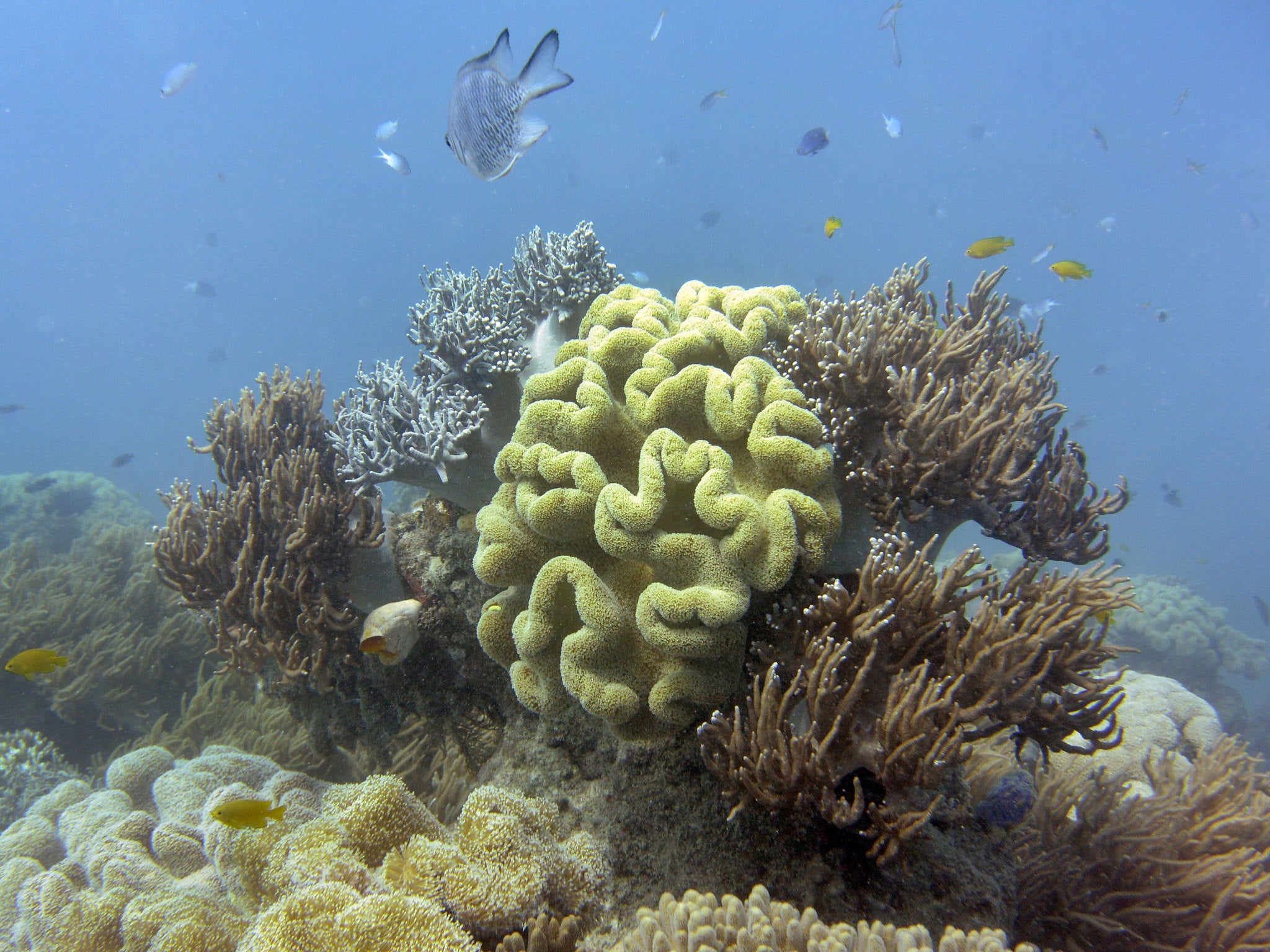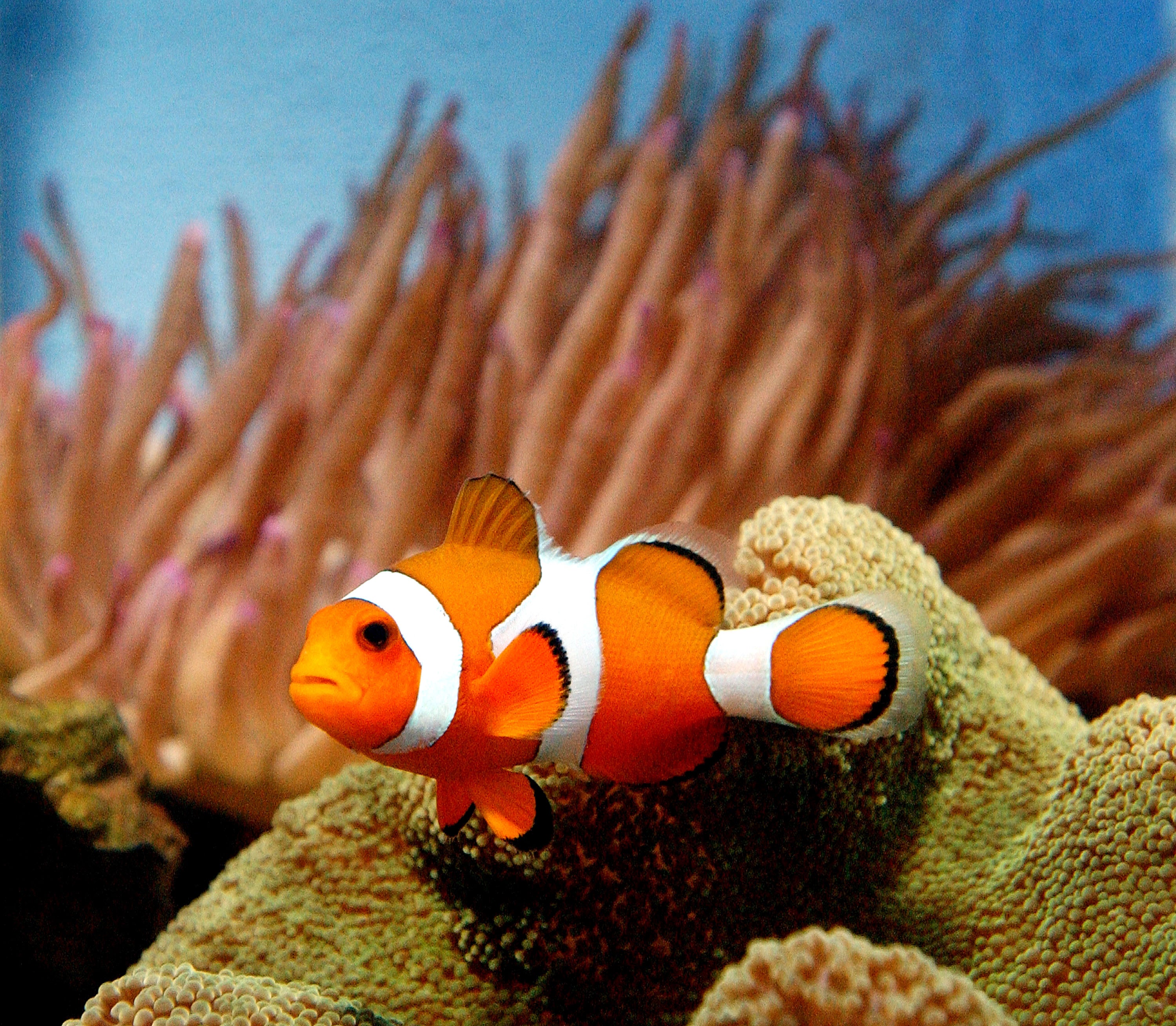Sediment from human activity increases disease levels in the Great Barrier Reef's fish, new study finds
Sediment thrown up by coastal industry in Australia is having a serious effect on the Great Barrier Reef's fish

Your support helps us to tell the story
From reproductive rights to climate change to Big Tech, The Independent is on the ground when the story is developing. Whether it's investigating the financials of Elon Musk's pro-Trump PAC or producing our latest documentary, 'The A Word', which shines a light on the American women fighting for reproductive rights, we know how important it is to parse out the facts from the messaging.
At such a critical moment in US history, we need reporters on the ground. Your donation allows us to keep sending journalists to speak to both sides of the story.
The Independent is trusted by Americans across the entire political spectrum. And unlike many other quality news outlets, we choose not to lock Americans out of our reporting and analysis with paywalls. We believe quality journalism should be available to everyone, paid for by those who can afford it.
Your support makes all the difference.Fish in the Great Barrier Reef are suffering from an increased rate of disease due to sediment thrown up by human activity, an Australian university study has found.
Researchers from James Cook University in Queensland have discovered that sediment frequently found in the reef, the product of onshore floods, agriculture and heavy industry, as well as offshore dredging, increases disease rates in fish and damages their health.
According to Amelia Wenger, co-author of the study entitled 'Exposure of clownfish larvae to suspended sediment levels found on the Great Barrier Reef', fish have previously been overlooked in studies of the health of the reef, the world's largest coral reef system and the biggest single structure made by living things in the world.
Speaking to The Guardian, she said: "Previously fish haven't really been part of this conversation and I think they need to be because they're obviously a huge part of the Great Barrier Reef."

The researchers simulated the sediment conditions at the reef, and found that exposure seriously affected the ability of young fish to take in appropriate amount of oxygen neccessary for their development.
It also found that the gills of larval clownfish exposed to the sediment were congested with mucus and bacteria, much more so than fish living in cleaner waters.
She said that future coastal developments need to take into account the adverse effects they may have on marine life.
The study also drew attention to the growing problem of sediment levels in coastal areas, and highlighted the need to additional protection of such habitats.
Coastal developments in Australia have seriously affected the health of the reef. Coal mining on the country's eastern coast means that massive ships carrying coal and equipment regularly pass through the reef.
And runoff from farms can pollute the ocean after storms and floods, with the pesticides, fertilisers and animal waste damaging the coral.
Despite efforts to preserve the reef and its ecosystem, Greenpeace believes that around 50 per cent of the reef's coral cover has been lost in the last 30 years.
Join our commenting forum
Join thought-provoking conversations, follow other Independent readers and see their replies
Comments